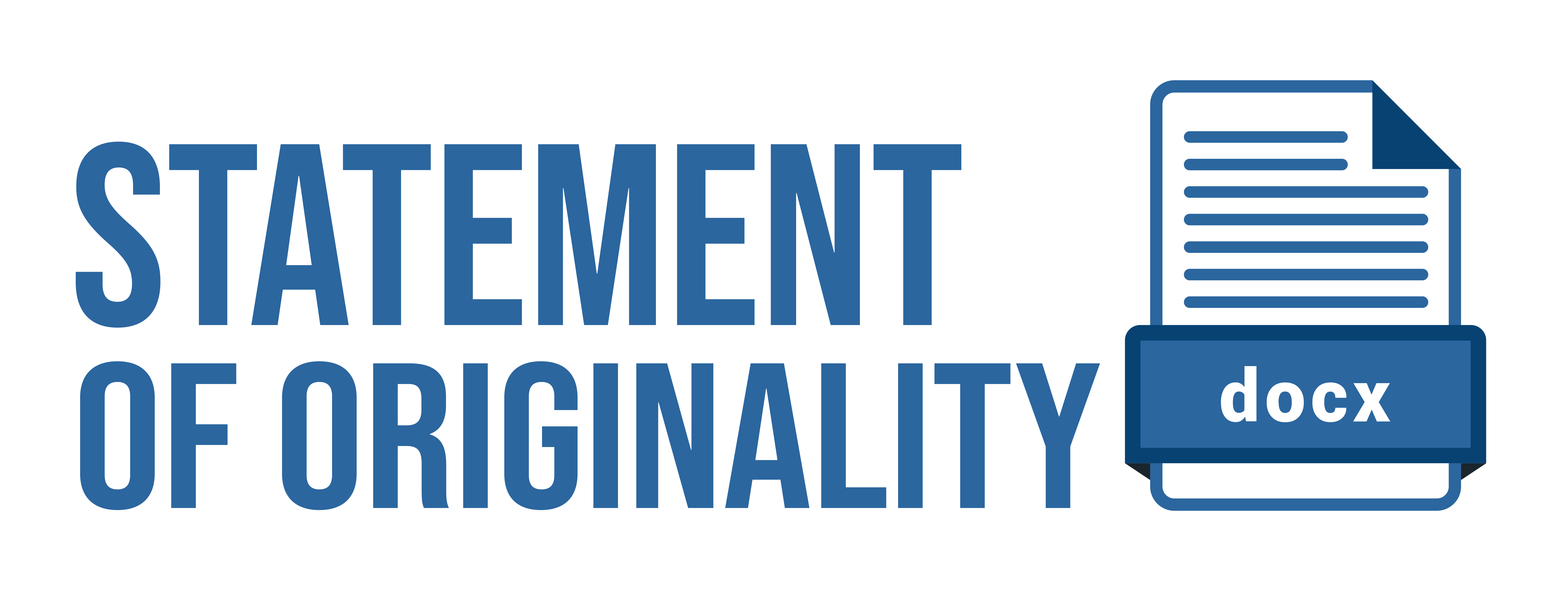REKONTRUKSI FIQH ZAKAT PERHIASAN DALAM PERSPEKTIF QADHI ABU SYUJA‘ AL-ASFAHANI DAN A. HASSAN
DOI:
https://doi.org/10.15575/as.v16i2.633Abstract
The issue of zakat would be interesting to be discussed. It is not caused by some kind of zakat, but more. In the fact, Muslim could not be separated from zakat. The zakat is a medium to purify himself and his property. Zakat of Jewelry is one of type of zakat, and became an important position in human life. However, there was a difference of opinion among Muslim scholars about the obligation to implement the zakat of jewelry. Qadhi Abu Syuja‘ Al-Asfahani said that zakat of jewelry must not to be implemented, but if we has an excess of jewelry. Whereas A. Hassan, he said that zakat should be accomplished without waiting haul and nishab. Zakat of jewelry is something that was not touched directly by the texts of the Qur'an, but the issue of jewelry zakat lies at a certain hadiths. Qadhi Abu Syuja‘ Al-Asfahani argued based on mawquf hadith from Jabir bin Abdillah. And A. Hassan argued based on the Hadith Shahih. This paper attempts to explain a tought of both scholars about their opinions in implementing of zakat of jawelry.
Downloads
Published
2014-08-31
How to Cite
Jamhur, D. M. (2014). REKONTRUKSI FIQH ZAKAT PERHIASAN DALAM PERSPEKTIF QADHI ABU SYUJA‘ AL-ASFAHANI DAN A. HASSAN. Asy-Syari’ah, 16(2), 135–144. https://doi.org/10.15575/as.v16i2.633
Issue
Section
Articles
Citation Check
License
The author whose published manuscript approved the following provisions:
- Authors retain copyright and grant the journal right of first publication with the work simultaneously licensed under a Attribution-ShareAlike 4.0 International (CC BY-SA 4.0) License that allows others to share the work with an acknowledgment of the work's authorship and initial publication in this journal.
- Authors are able to enter into separate, additional contractual arrangements for the non-exclusive distribution of the journal's published version of the work (e.g., post it to an institutional repository or publish it in a book), with an acknowledgment of its initial publication in this journal.
- Authors are permitted and encouraged to post their work online (e.g., in institutional repositories or on their website) prior to and during the submission process, as it can lead to productive exchanges, as well as earlier and greater citation of published work (See The Effect of Open Access).






